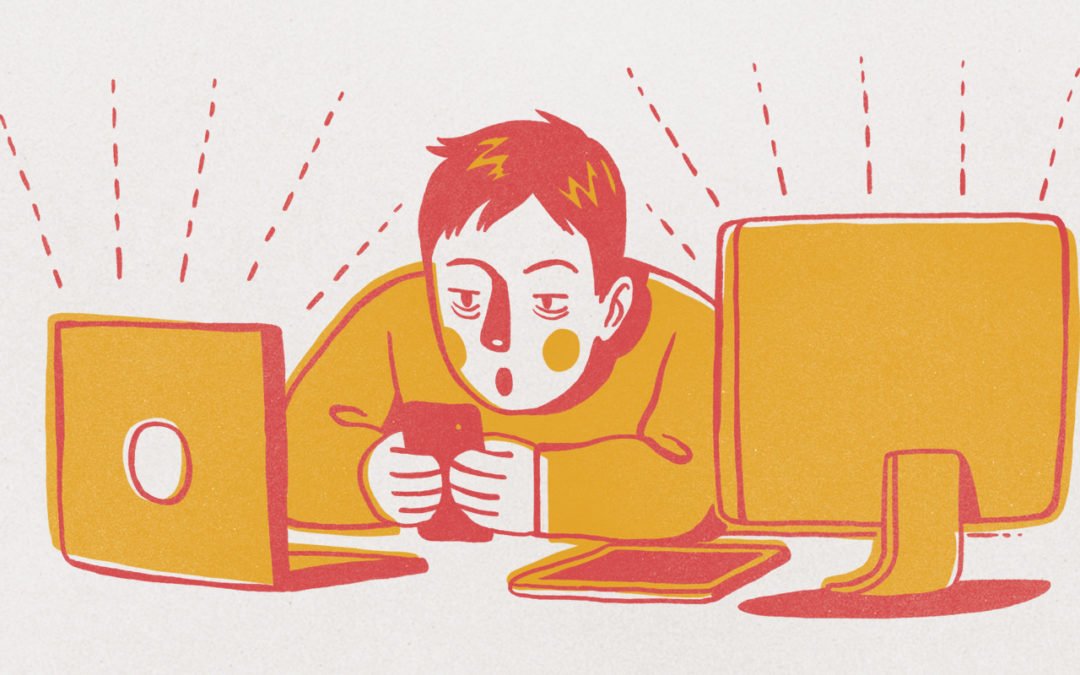
Are you procrastinating something right now? Check this out.
Hey- we have all been there. Whatever your vice is, memes, an episode or two on Netflix or cleaning the whole house… I’m not here to judge. Let’s just look at what might help.
First, try to identify why you are procrastinating. Common reasons to procrastinate are fear of failure or uncertainty, low self-confidence, pleasure seeking or depleted energy.
The Grandma rule (Premack’s principle) One of the things I found most helpful when I was in uni and had a million papers to write was “The grandma rule” (also called Premack’s principle). Imagine a grandmother saying to her grandchildren, “help me tidy up the kitchen and then you can go out and play.” The grandchildren would be very motivated to get the cleaning done! If she instead let them play first and then told them, “ok now you have played outside for an hour. Now, come and help me tidy the kitchen”, that would mean they are taken away from a desirable activity to do less desirable one. That would feel a bit like a punishment. Not as motivating at all. Professor Premack and his colleagues research showed that if you put a high probability activity (desirable activity) after a low probability activity (less desirable activity) the less desirable activity is more likely to occur. It’s rewarded and reinforced by the fun activity. So instead of saying to myself, “just one more episode of this series before I start my paper” , I told my self, “I get to watch the next episode after I have done X amount of work (and not before that is done.)”
So I invite you to try scheduling “the boring stuff” first and reward it with “the fun stuff”. Try it for a couple of days and notice if it made a difference for you.
Above: Illustration by Marie Vorländer

Make very clear and realistic goals and decide on a time frame. If you decide exactly when you are supposed to start, it will be easier to identify when you are procrastinating. I often hear that clients have set really big goals for what they should do in one day and then it becomes to daunting for them to even start. Then it starts piling up more and more for each day. Break it down to smaller chunks instead. Small do-able goals are the way to get started. Even just deciding to do 10 minutes of a task. It will get you started and you may find a flow and be able to continue for longer.

Photo by Startup Stock Photos from Pexels
Remind yourself that you can still engage in the task even if you are not in your ideal state. “I’m too tired”, “I’ll do it tomorrow”, or, “I’m not in the mood right now, I will do it later”, are common excuses we tell ourselves. Sometimes we need to learn to tolerate a certain level of discomfort. We may need to get started with a task even if we feel anxious, stressed or tired. It might feel great in the short run to avoid doing important tasks that are associated with anxiety or discomfort, but when we procrastinate we often prolong and make the anxiety, stress and suffering worse in the long run instead. Often when we get started the uncomfortable feeling may also fade or change after about 15 minutes.
Change your environment to limit distractions. If you can, limit phone, email and social media. If you work at home you may have a lot of distractions that invite you to engage in procrastination, like taking care of the laundry pile instead of finishing your essay. So going to a library or somewhere else with less distractions may help.

Photo by Nicole Berro from Pexels
Manage your energy. It’s common to procrastinate when we are tired and run down. Plan your most demanding energy consuming task to the time of day when you normally have the most energy. If that is in the morning, get the difficult things done then and allow yourself to rest in the evening instead. Make sure to have enough down time planned after any busy period for recovery.
To find out more about procrastination, I recommend a few books:
Quit Ruminating and Brooding: It is easier to do with Cognitive Behavior Therapy (CBT) by Olle Wadström (2009).
Dansa på deadline: uppskjutandets psykologi by Alexander Rozental (2014)
*Available in Swedish
Author: Rebecca Alamaa, Clinical Psychologist



